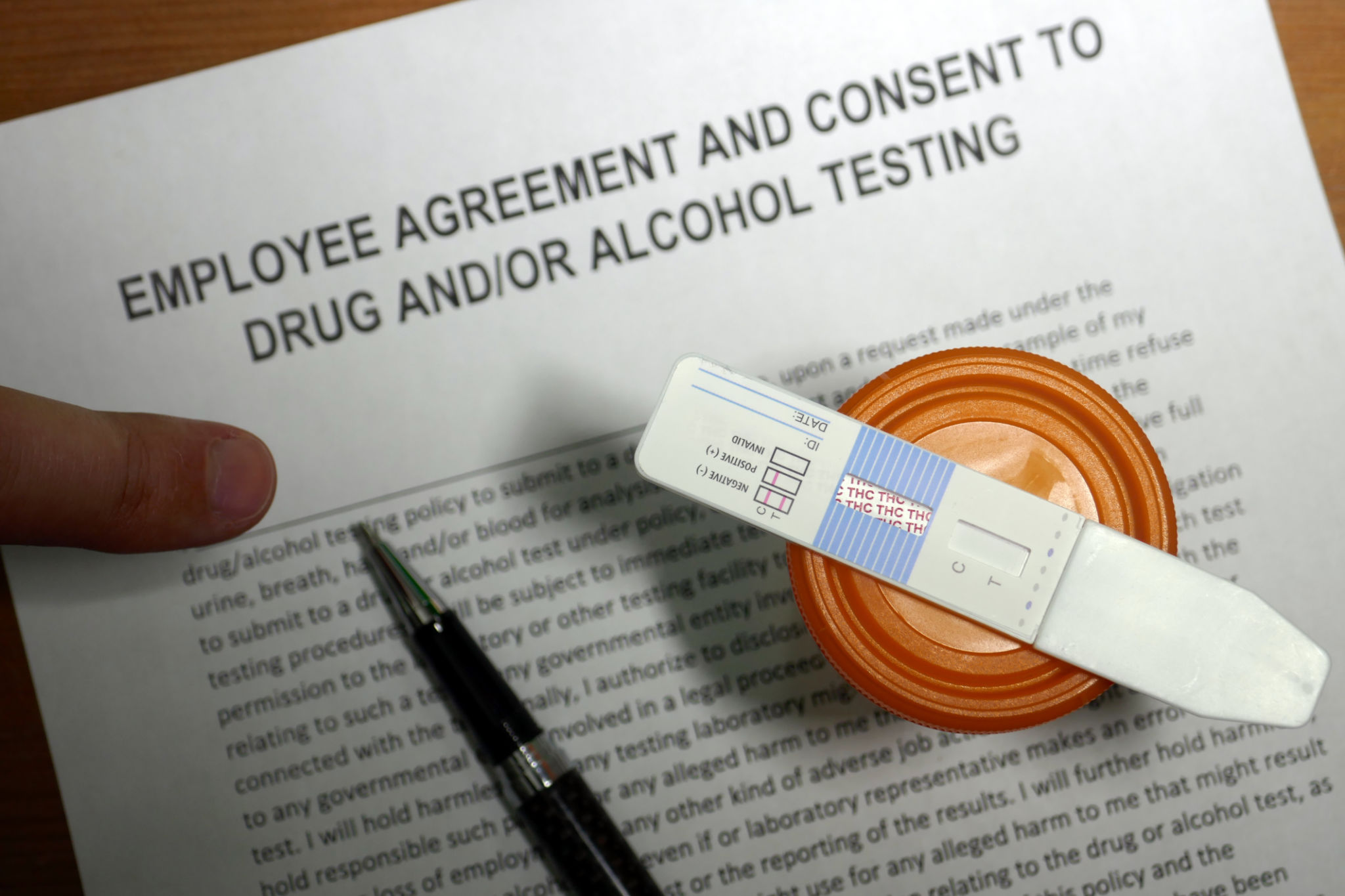Understanding the Increase in Workplace Drug Testing Needs: A Guide for Employers
Understanding the Rise in Workplace Drug Testing
In recent years, there has been a notable increase in the implementation of drug testing within the workplace. This trend is driven by several factors, including a heightened focus on safety, productivity, and compliance with legal requirements. As an employer, understanding the reasons behind this rise can help you make informed decisions about your own drug testing policies.

The Importance of Safety and Productivity
One of the primary reasons for the increase in workplace drug testing is the emphasis on maintaining a safe and productive work environment. Employees under the influence of drugs can pose significant risks, leading to accidents and reduced efficiency. By conducting drug tests, employers aim to mitigate these risks and ensure a safer workplace for all employees. This not only protects workers but also enhances overall productivity.
Furthermore, certain industries, such as transportation and construction, have strict safety regulations that necessitate regular drug testing. Employers in these sectors must comply with industry-specific guidelines to prevent workplace incidents and potential liabilities.
Compliance with Legal and Regulatory Requirements
Legislation and regulations surrounding drug use in the workplace have become more stringent. Employers are required to adhere to both federal and state laws, which often mandate drug testing for specific positions or industries. Understanding these requirements is crucial for employers to avoid legal repercussions and maintain compliance.
In addition, companies looking to secure government contracts may be subject to mandatory drug testing policies. Ensuring compliance with these regulations not only helps in securing contracts but also upholds the company's reputation in the industry.

The Role of Workplace Culture
A positive workplace culture is another factor contributing to the rise in drug testing. Employers are increasingly aware of the impact that drug use can have on team dynamics and overall morale. By implementing drug testing policies, companies can foster a culture of trust and accountability, encouraging employees to maintain a healthy lifestyle.
Moreover, job applicants are becoming more accepting of pre-employment drug tests as part of the hiring process. This shift in perception makes it easier for employers to implement testing without facing significant pushback from potential hires.
Implementing an Effective Drug Testing Program
When considering a drug testing program, it's essential for employers to develop a clear and fair policy. This includes outlining the types of tests to be conducted, the frequency of testing, and the consequences of positive results. Transparency in these processes helps build trust among employees and ensures everyone is aware of the expectations.
- Define the scope and purpose of your drug testing policy.
- Communicate the policy clearly to all employees.
- Ensure compliance with legal and regulatory requirements.
- Select reliable and accurate testing methods.
- Handle results confidentially and professionally.

Conclusion: Balancing Needs and Rights
While the increase in workplace drug testing reflects a broader societal focus on safety and compliance, it's important for employers to balance these needs with employee rights. Establishing a considerate and transparent approach to drug testing can help maintain a positive work environment while addressing safety concerns effectively.
By staying informed about industry trends and legal requirements, employers can develop a drug testing strategy that supports both their business objectives and employee well-being. As workplace dynamics continue to evolve, adapting to these changes will be key in fostering a safe and productive work environment.